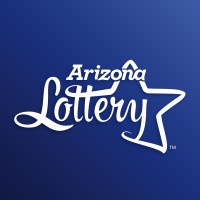
Arizona Lottery
The Arizona Lottery operates entirely from the revenue it generates through the sale of its products; it doesn’t receive any general fund dollars from the State. Proceeds from sales of Lottery tickets, nearly $3.4 million per week, fund a variety of vital state programs. Since July 1981, the Arizona Lottery has paid out more than $5 billion in prizes to players, more than $3 billion in net funding to the state, and more than $686 million in commissions to retailers. Learn more at ArizonaLottery.com.






